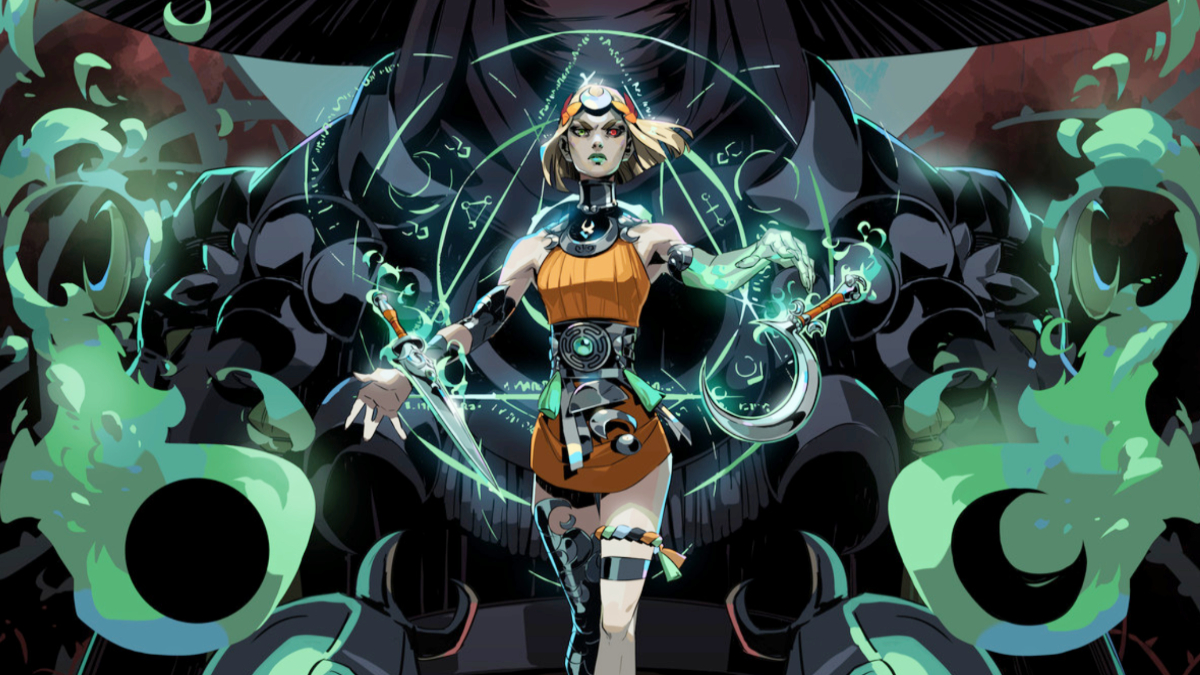[h2]Part Two: The Console Hardware[/h2]

From a physical, aesthetic standpoint, the PlayStation 4 is a masterpiece. With its bold, surprisingly attractive parallelogram design and sleek, smooth exterior, the console is undeniably striking to look at, perhaps more so than any other home console in video game history. Stood upright or laid on its side, the system simply looks great, and while I would not necessarily describe the PS4’s size as ‘small,’ it takes up much less space than most newly-launched gaming consoles, and its sleek design is such that, when placed inside an entertainment center, the PS4 seems to all but disappear. A hardware design that is both attractive and invisible – that is a neat hat trick, and the system’s low-profile is aided by the fact that the PS4’s power supply is housed inside the console itself, meaning all users will need to get the system up and running is the AC Cord and an HDMI cable (and an Ethernet cord, if you prefer not to use Wi-Fi).
All that being said, from a hardware standpoint, the PS4 is not perfect. It performs beautifully, and we will talk about that in a later section, but in terms of interacting with the box on a physical level, there are some annoyances. First and foremost is the “Power” and “Disc Eject” buttons, which are not actually buttons at all, but extremely slim little touch panels, akin to the Xbox 360 slim redesign. But where the 360’s touch panels were way too responsive – barely brushing the power or eject button would activate the controls, often at inopportune moments – the PS4 has gone much too far in the opposite direction. Users must hold their finger on the touch panel for at least a few seconds before the system responds, and the length of time seems extremely inconsistent; ejecting the disc occasionally takes only a brief moment, but can sometimes require a few presses, while the length of time required to turn off the console (or, more accurately, put it to sleep) always feels uncomfortably long. The problem is compounded by the small size of the panels, and the even tinier size of the images that indicate what they do. After figuring out which button is which, I doubt most users will subsequently forget, but there is such a thing as too low-profile, and the ‘power’ and ‘eject’ buttons definitely fall into that category. Overall, I would much prefer physical buttons for the PS4; it is something I am sure I will get used to, but for now, it feels wonky and unpolished.
The slot-loading Blu-Ray drive suffers from a similar lack of profile. It works perfectly once you find exactly where the disc needs to go in, but doing so can be a bit of a guessing game unless one’s eyes are on a precisely even level with the drive itself, thanks to the PS4’s all-black design. I cannot say for sure what the solution might be – a glowing light on the drive itself, a small bit of color around the drive, etc. – but something to distinguish the boundaries of the drive would be appreciated; it is particularly bothersome in vertical orientation, where users must also account for the parallelogram shape to make sure the disc smoothly enters the console.
But in my time with the PS4 so far, the biggest physical problem is, undoubtedly, the noise. The PS4 is a loud console. When playing a game – any game, be it disc-based or downloadable, big or small, Triple-A or Indie – the PS4’s fans make quite the racket, and have, at times, gotten so loud that I became worried about the console overheating. At its noisiest, the PS4 is without a doubt the loudest console I have ever used – and what worries me most is that this is not a problem affecting all users, nor one intended by Sony.
Senior Vice President Masayasu Ito said in September that the cooling fans were supposed to be quiet, and that the PS4 would, on the whole, be even quieter than the PS3 (an attractive proposition, given that my PS3 slim from 2009 makes almost no noise whatsoever). And for many people, this appears to be the case, as few professional reviews of the PS4 have mentioned its noise level as detrimental. But since the console was released to the public, users have begun reporting noise levels similar to what I experienced – the videos in this article are representative of my own unit, in fact – and to my knowledge, there has been no official response from Sony. Whether this is a manufacturing problem or an overclocking issue (the latter of which could hopefully be resolved via firmware update), I very much hope it is something Sony can fix, because playing with this level of noise is undeniably distracting. Most of the launch games I have played are loud enough to drown out the console noise, but quieter or more sonically delicate games – like Contrast or Flower – are negatively impacted by the fan noise.
Now, it’s not all bad news. For the most part, the fan noise only kicks into high gear when I play games. When watching a Blu-Ray disc, DVD, or streaming video, the PS4 is about as silent as the PS3, and noise is not a problem (so far – I have not watched a great deal of content yet, so it is possible the PS4 could get noisier in these areas in the days and weeks to come). And to be honest, I would not necessarily be troubled by the noise if Sony had not specifically promised it would be a non-issue – video games as technically intensive as these tax fans, and that’s just the way things are. But my PS4, at least, is obviously making poor use of its fans – there is no reason the fans should be that loud that much of the time, across every single game on the system – and that bodes ill for the console’s long-term viability. It’s not a red-ring-of-death issue yet, but it very well could turn into one, and that worries me.
Assuming the noise is a fluke, however, and one that can be resolved via firmware updates or warranty exchanges, I am overall quite positive on the PlayStation 4 as a physical piece of hardware. From the size to the shape to the effective ‘light bar’ that bisects the top of the console (telling the user whether the device is on, off, or asleep), this is an extremely handsome and usable system.
Continue reading on the next page…






